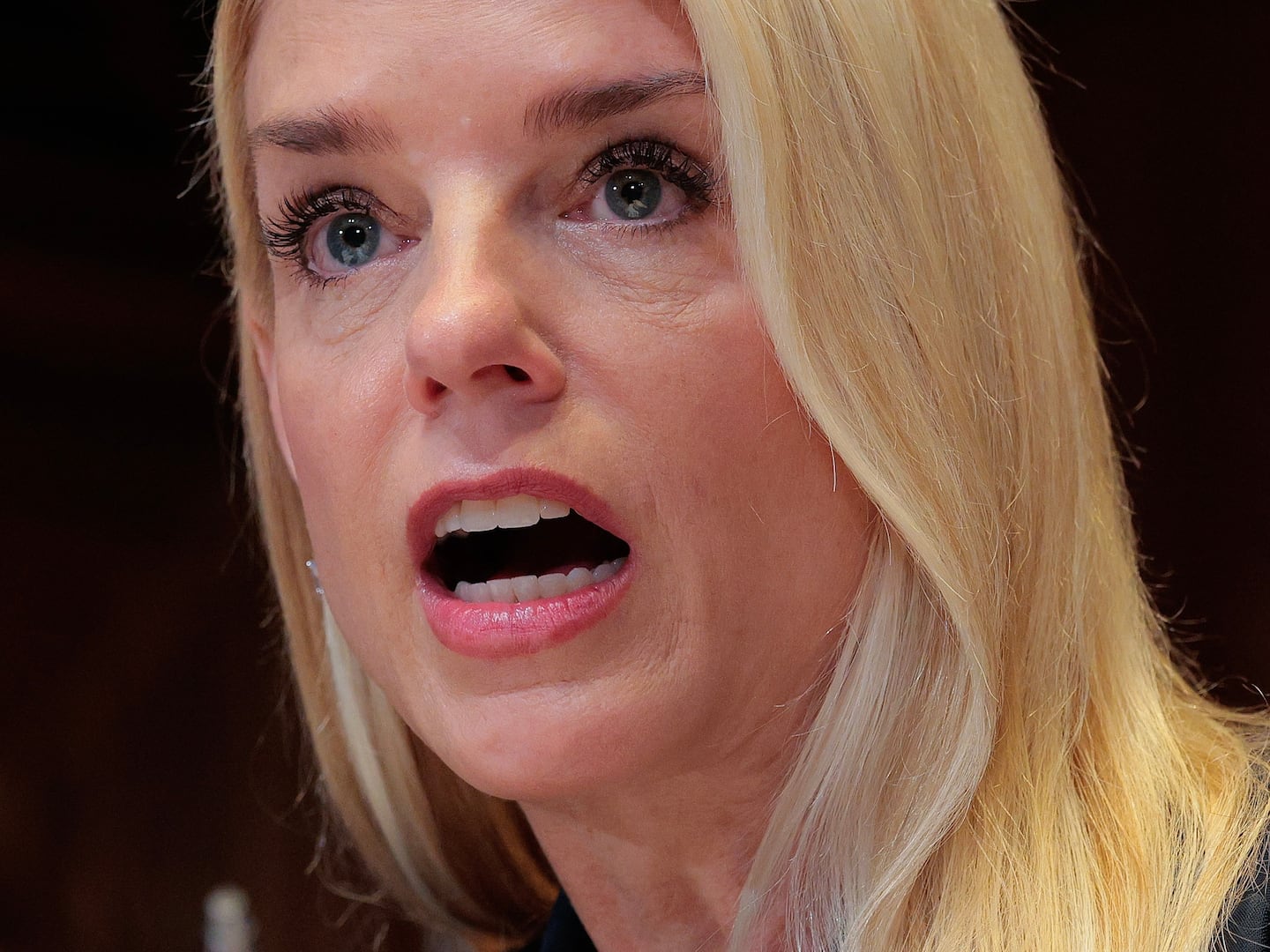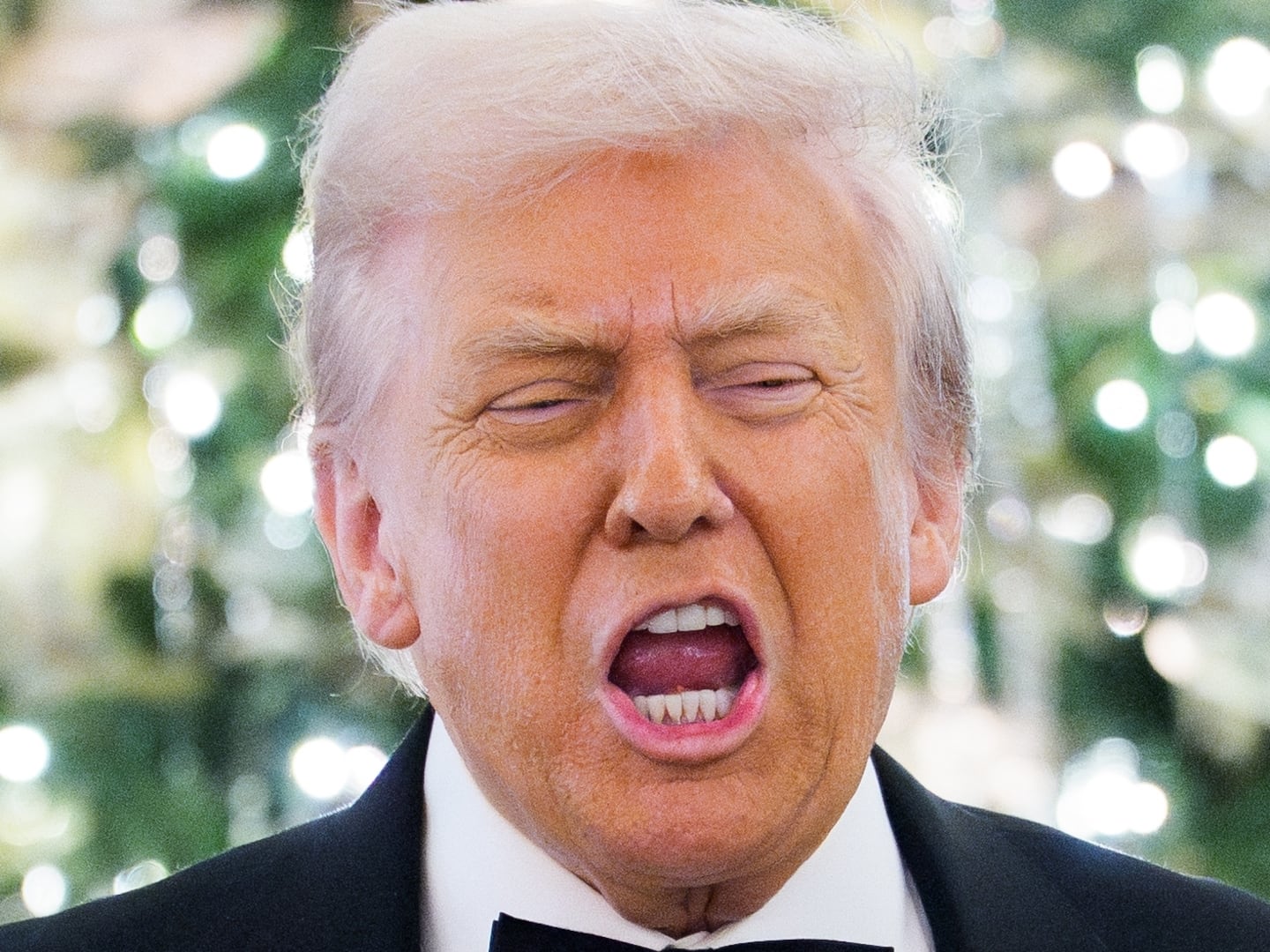As was widely expected, Prime Minister Benjamin Netanyahu announced yesterday that Knesset elections are going to take place within three months. The ostensible reason that Netanyahu provided was deadlock over the budget, but this was an obvious move on Netanyahu’s part given the political situation in Israel. The J14 social protests this past summer were a shadow of their previous incarnation, the situation on the southern border with Egypt appears relatively quiet for now, and Iran has been put on hold. Netanyahu’s Likud party is on top of the polls and the parties that make up the rest of his right-wing coalition bloc are all poised to do reasonably well.

More importantly though, Netanyahu’s opponents don’t appear to present much of a threat at the moment. Kadima’s erstwhile leader Tzipi Livni, who led the party to the most seats in the 2009 election, is now without a political home and has been reduced to communicating to the public through her Facebook page, and current Kadima head Shaul Mofaz is busily running the party into the ground. Labor will almost certainly do better this time than it did in 2009, but the consensus is that Shelley Yachimovich is not quite ready for prime time and needs some more seasoning before presenting a real threat to Netanyahu. While there are some plausible but remote scenarios in which Netanyahu is cast out of the prime minister’s residence, the overwhelming likelihood is that three months from now Netanyahu will remain exactly where he is.
The reason Netanyahu is calling for new elections now is primarily because the domestic political scene is so favorable for him. Much like when he engineered the unity government deal with Mofaz and Kadima last spring, there will undoubtedly be speculation that the timing of the vote is related to Iran or to the peace process. But as was the case back in May, this is not being done with foreign policy considerations in mind. Thinking about what this abbreviated election campaign will look like and what constraints will be in place when it is over yields some insights as to why this is so.
On Iran, there should be little question left that the elections are the final toss of dirt on top of what I have argued is the long-buried coffin of a strike on Iran in the next six months. Even if Netanyahu were able to give the order to launch a strike, he is historically extremely risk-averse, and would not do so with an election coming up so soon and potentially endanger his strong political position. That does not, however, mean that Iran is not going to be an issue in the campaign. Mofaz is likely to bring up what he calls Netanyahu’s “warmongering” again and again, and I expect we will hear mentions of Netanyahu’s recklessness on Iran and his related precarious management of the U.S.-Israel relationship from Yachimovich as well.
The reason for this is that a unilateral strike on Iran remains deeply unpopular with the Israeli public, and that will still be the case once the campaign is over. If things go as expected, Netanyahu will remain in office with the same coalition partners and the same security cabinet, where he will still not have the votes for a strike on Iran. The upper echelons of the IDF will still be against a unilateral strike, and there will still be enormous pressure from the U.S.—assuming that President Obama is reelected—to hold off. In short, if Likud picks up an additional seat or two and the coalition grows by 2 to 5 seats, which is what the current polls indicate will happen, the structural constraints that are in place now and that have prevented a strike from happening will have not changed at all. The idea that Netanyahu will be newly empowered when it comes to Iran after this election seems to me to be highly dubious.
A similar static dynamic is at work when it comes to the peace process. Raphael Ahren argues in the Times of Israel that one of Netanyahu’s aims in scheduling an early vote is to avoid pressure from the U.S. on negotiating with the Palestinians. But irrespective of whether Obama is a lame duck come November or is gearing up for a second term, no such pressure will be forthcoming. Obama was burned during his first term by his attempt at creating an environment in which serious negotiations could resume, and between the massive uncertainty created by Iran’s nuclear program, the civil war in Syria, and the continuing reverberations from the Arab Spring, not to mention the administration’s Asian pivot, the peace process is not going to be chief among Obama’s second term priorities. If Romney wins in November, Obama is neither going to have enough time left nor sufficient political capital in his arsenal to push Netanyahu on the Palestinian issue.
Leaving the American dynamic aside, the early Israeli elections do not signal any change coming down the road on the peace process. Before the formation of the brief-lived unity government in May, the Israeli campaign season had begun to gear up, yet there was virtually no mention of the Palestinians or the peace process by anyone, including the left-wing parties that historically have used the peace process as a campaign issue. Social and economic issues dominated the Labor and Meretz discourse, and the current election campaign is going to be fought on similar grounds. The Israeli peace camp has basically disappeared in the aftermath of the second intifada and rockets from Gaza, and elections will not change that. Should Netanyahu remain prime minister, there will be little reason for him to suddenly deal with an inept Palestinian Authority or a violent and intransigent Hamas.
It is tempting to think that Netanyahu has some big grandiose plan in mind when it comes to Iran or the Palestinians and that he is calling early elections so that he can secure a mandate for some major foreign policy moves. The reality of the situation, however, is that Netanyahu is simply trying to capitalize on his current popularity at a time when the opposition is weak and fractured, and the effect that this election will have on Israel’s foreign policy is as slight as it could possibly be.






